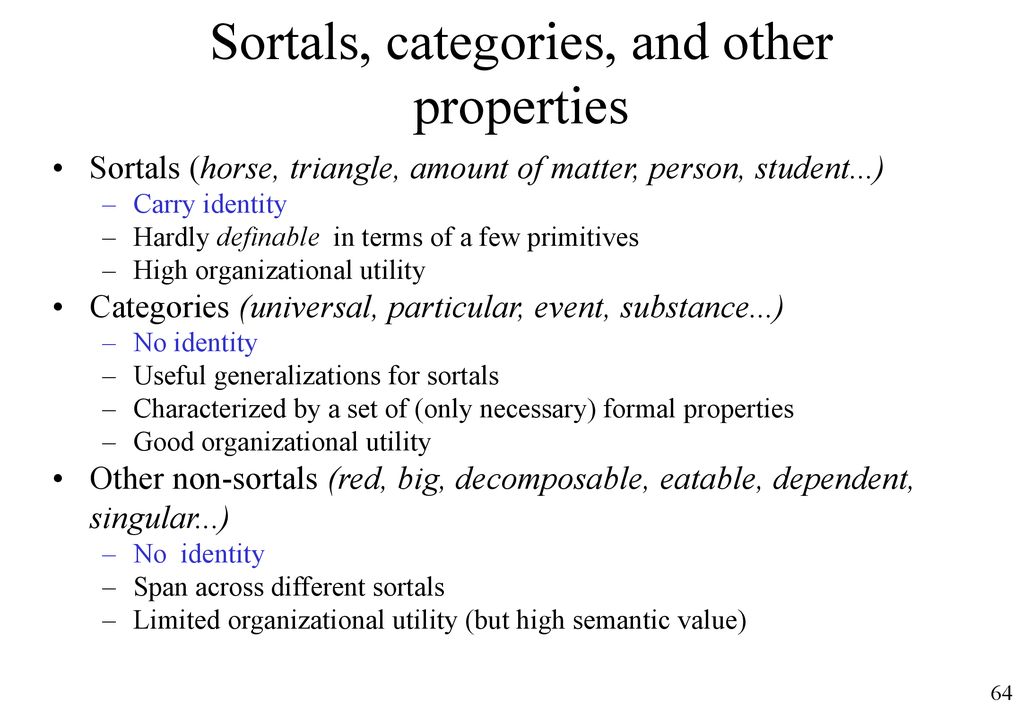If we want to declutter, we must, according to Erich Fromm, first change our relationship to the world. We must change who we are and how we relate to our families, to our friends, to our possessions – and even to the language we use. We will have to leave the mode of having and switch our whole existence to the mode of being.
This article is part of The Ultimate Guide to the Philosophy of Erich Fromm.
If you like reading about philosophy, here’s a free, weekly newsletter with articles just like this one: Send it to me!
Welcome back to another instalment in our series about (this month) Erich Fromm, German/American psychologist and philosopher, and his theory of happiness. According to Fromm, it’s no wonder that we often live unhappy lives, since the whole society is not geared towards making us balanced and happy people. So every attempt at improving our lives must aim at radically changing our approach to the world around us.
We talked already about what Fromm calls our need to “escape from freedom,” about the failed promises of technology since the 19th century, and about how we could reduce our reliance on household appliances in order to give more meaning to our everyday lives and their rituals. Last time, we saw how Fromm thinks that there are two different ways of approaching our lives: a mode of having and a mode of being. This week, we want to see in a more practical sense how these two modes of existence affect our lives.

Erich Fromm (1900-1980)
Erich Fromm (1900-1980) was a German social psychologist and philosopher who had enormous popular success from the 1950s all the way to the end of his life in 1980. We discuss his work and his relation to Marxism and Freud.
The mode of having
Fromm says about the two modes of being: “The difference is … between a society centered around persons and one centered around things.” (To Have or To Be, p.11)
But the mode of having does not stop at the possession of things. If we are not careful, it tends to take over our person. If that happens, we will see more and more of the world in the perspective of “having,” as things to be possessed rather than experiences to be lived and enjoyed. The most striking example is probably a statement like: “I have great love for you.”
Of course, this is completely meaningless. “Love is not a thing that one can have, but a process, an inner activity that one is the subject of. I can love, I can be in love, but in loving, I have … nothing.”

Recommended for you:
To Have Or to Be
Erich Fromm distinguishes between two modes of existence. One can live one’s life in the “mode of having” or in the “mode of being”.
Since Fromm is, at heart, a psychologist, he goes back to childhood to find the roots of this fixation that makes many of us …
Read the full article which is published on Daily Philosophy (external link)






